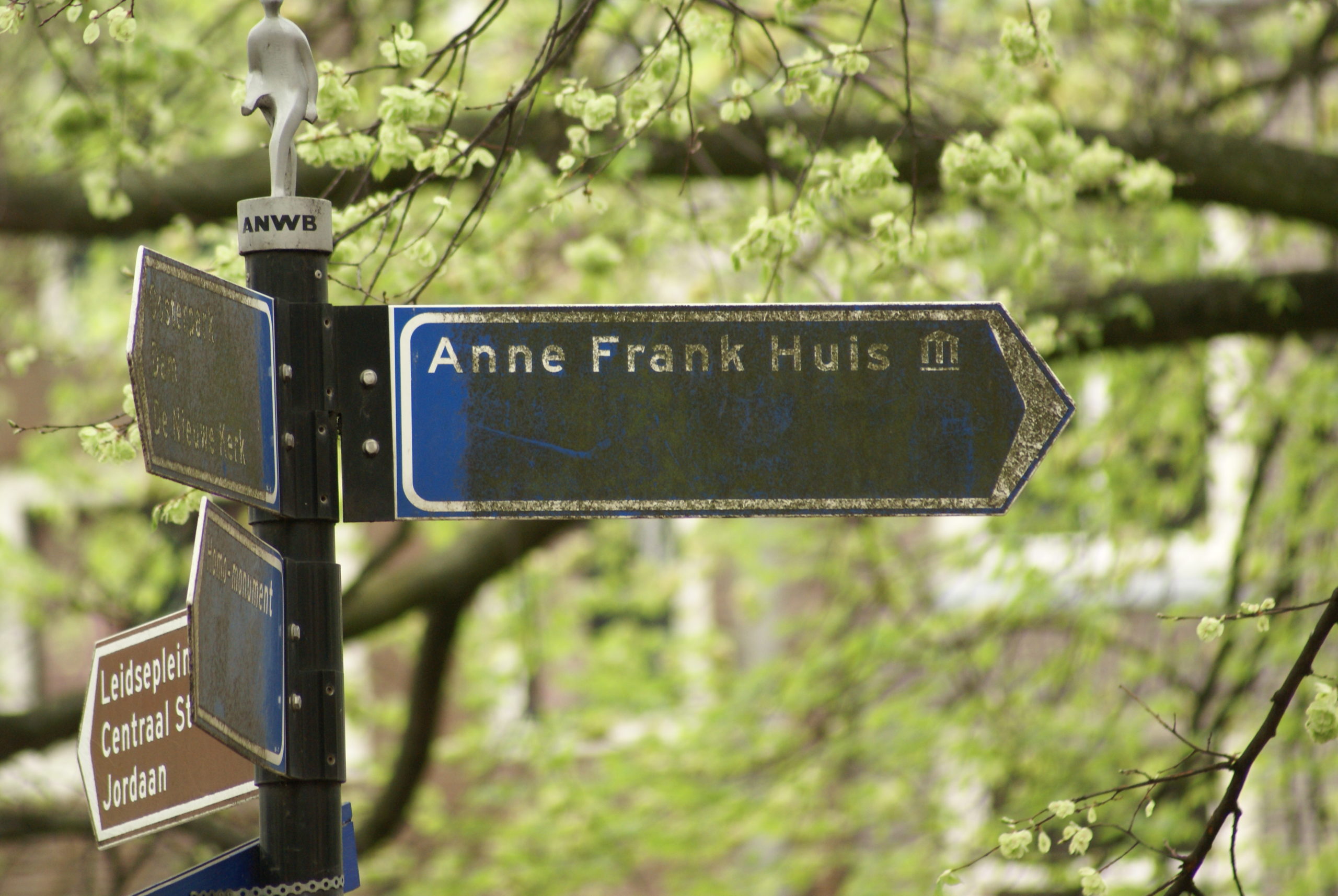
Losing My Anne Frank
I recently travelled to Amsterdam, and was invited by Dienke Hondius, one of the curators of the Anne Frank House, to visit the museum. I accepted with alacrity: the lines to get in always snake around the block, and I was especially curious to see it because it has come under fire recently in a piece in Haaretz.
After I toured it I wrote to Ms. Hondius.
Dear Dienke,
Here is an attempt to answer your question as to why I found the Anne Frank House Museum personally disorienting.
The nub of the question is what are we doing when we remember (and commemorate) Anne Frank: something about the Jewish experience, or something about the human experience?
When I was a child, the Holocaust was talked about in our house, but it was not the subject of general conversation – in society, politics, and literature – that it later became. Perhaps 1945-1968 (with the publication of Arthur Morse’s When Six Million Died) was a kind of liminal or marginal period of remembrance. In my house, we talked about my parents’ German backgrounds, especially my mother’s. She remembered my grandmother trying unsuccessfully to find living German relations in the late 1930s. Most of her family had arrived in the US around 1850, as part of a general wave of German emigration to the US. Like so many other Jewish immigrants, they steadily moved west until they reached Chicago. One of them sent letters home to Ohio during the American Civil War—these were preserved and were later published as A Jewish Colonel in the Civil War.



